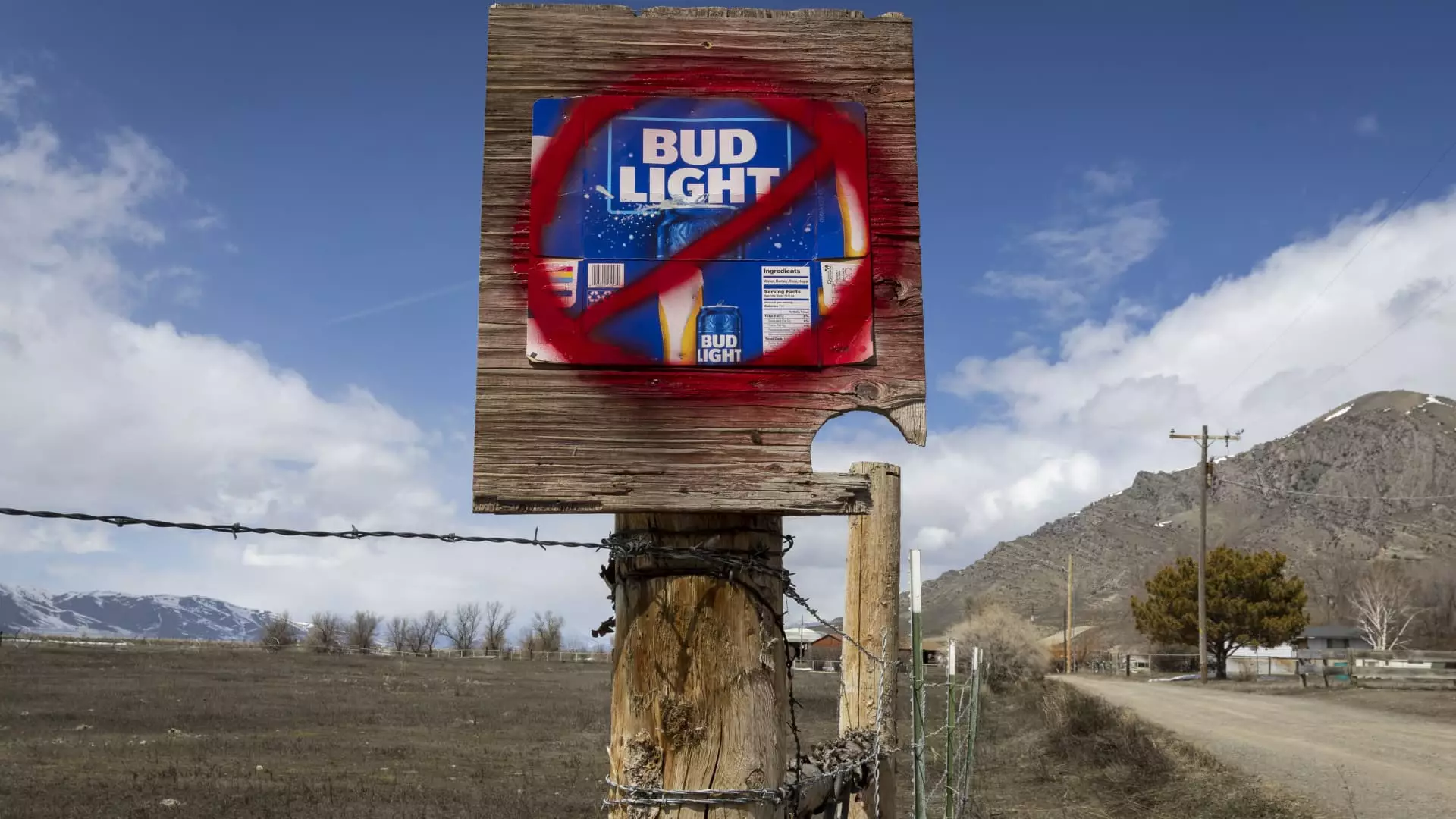As the retail industry approaches the critical holiday shopping season, a complex dilemma has emerged: how to effectively manage diversity, equity, and inclusion (DEI) initiatives amidst a polarized socio-political climate. With increasing backlash against such policies, retailers are facing scrutiny regarding their commitments to DEI, raising important questions about marketing strategies and consumer relationships. The landscape is rife with challenges, as brands seek to balance inclusivity with the risk of alienating portions of their consumer base.
Retailers find themselves caught in the crossfire of conflicting consumer opinions on DEI initiatives. Many customers now react strongly to brands perceived as either excessively “woke” or insufficiently supportive of equity efforts. This polarizing sentiment has prompted businesses to reconsider their public positions on DEI, a shift driven by recent events within the industry. Companies such as Lowe’s, Tractor Supply, and Molson Coors have reversed or adjusted their equity policies to mitigate potential backlash from conservative factions, highlighting the fragility of these initiatives under public scrutiny.
Industry insiders reveal that many retailers, despite a desire to champion DEI, are hesitating in the face of backlash, opting for conservative strategies that sidestep explicit public support. As one insider remarked, “It’s a politically charged issue that has made many businesses choose silence over advocacy.” This cautious approach echoes a larger, concerning trend within the retail sector; executives are wary of the optics associated with participation in industry discussions focused on DEI, as seen when attendance at a significant summit fell short due to apprehensions about public reception.
The current political landscape significantly influences corporate strategies regarding DEI. As the 2024 presidential election approaches, retailers fear associating too closely with controversial positions that could jeopardize their sales. Moreover, recent decisions by notable companies to retract or reduce their DEI initiatives follow a pattern of public opinion swaying toward conservative viewpoints. The high-profile backlash against brands like Bud Light and Target for campaigns directed at the LGBTQ+ community serves as a cautionary tale illustrating the potential financial repercussions of alienating conservative shoppers.
One former retail executive emphasized the surrounding complexity, stating that companies find themselves in a “no-win situation” where they risk losing customers regardless of their DEI stance. Retailers with diverse customer bases fear being depicted as champions of progressive views, inciting critiques from conservatively-minded consumers, while also risking the loyalty of those who support DEI. The stakes are high, forcing executives to perform a delicate balancing act as they navigate these troubled waters.
Amidst the backlash against DEI, employment trends reflect broader industry sentiments. A significant decline in the creation of positions for Chief Diversity and Inclusion Officers since 2022 reveals a stark shift in priorities. Initially spurred by the urgent need for equitable representation, the momentum has waned amid skepticism regarding the effectiveness and sustainability of these roles, especially in light of new legal frameworks influenced by recent Supreme Court rulings. With major players like Google and Meta downsizing their DEI initiatives, a larger conversation emerges about the effectiveness of such roles in an increasingly polarized environment.
Retailers must grapple with the implications of these decreases—not just for the sake of their internal culture, but also for their consumer interactions. Several industry leaders warn that neglecting the representation of diverse voices in product design and marketing could lead to misaligned offerings that fail to resonate with a broader audience. As countless brands take a step back from promoting DEI, there lies an inherent risk of disconnecting from consumers who value inclusivity.
The complexities of DEI initiatives within the retail sector demonstrate a volatile intersection of branding, consumer sentiment, and political dynamics. As brands gear up for the crucial holiday season, the need for a nuanced understanding of market dynamics has never been clearer. Retailers must tread carefully, balancing the competitive imperative to promote inclusivity with the practicalities of consumer preferences in an increasingly charged political atmosphere.
Ultimately, the retail industry stands at a crossroads, challenged to navigate a path that thoughtfully engages with DEI without neglecting the diverse sentiments of its consumer base. The future of retail may very well depend on the ability to blend progressive ideals with business acumen, crafting strategies that both affirm commitment to equity and resonate with various demographic segments. In doing so, it may be possible for brands to avoid the pitfalls of political strife and foster a more inclusive marketplace that meets the diverse needs of all consumers.


Leave a Reply